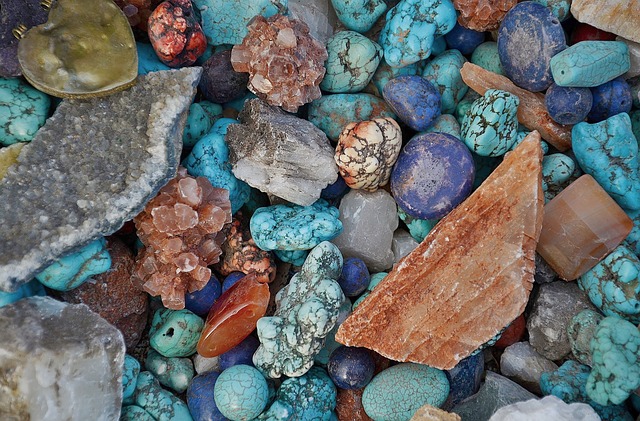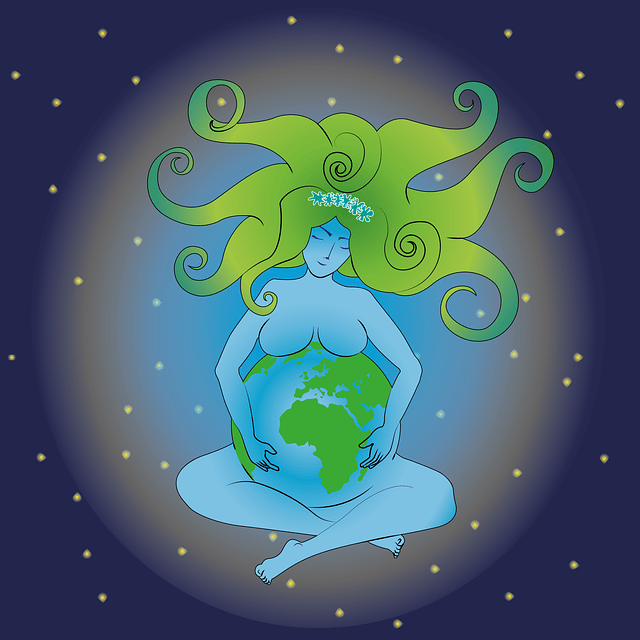
Inorganic matter constitutes the gea of a region.
In the Greek language, Gaîa is the name given to the Earth goddess. This word came to scientific Latin as gaea , which is the closest etymological antecedent of gea .
In our language we can find the term Gaea to refer to the aforementioned divinity of Greek mythology. Gaia , in this sense, is equivalent to Gaia or Gaya .
The Royal Spanish Academy ( RAE ), however, recognizes meanings of gea as a common noun . Gea is the name given to the set of elements that make up the inorganic kingdom of a region and to the text that is responsible for describing said set.
Gea in the field of biology
In the field of biology , gea is equivalent to the inorganic kingdom of a certain area. To understand the idea precisely, therefore, we must first be clear about what a kingdom is and what the adjective inorganic refers to.
A kingdom is a taxonomic category (that is, one that allows classification). This category includes phyla of organisms that have essential characteristics in common.
The determination of which kingdoms exist changed throughout history and continues to be a matter of debate. We can say that there was a first basic differentiation of three kingdoms: animals , plants and minerals , the first two being made up of living beings and the third, of inorganic substances .
Thus, at this point we arrive at the concept of inorganic . The body or element that lacks vital organs is qualified in this way. Expressed another way: the inorganic has no life .
Returning to gea, it is the inorganic matter present in a territory. The earth , stones and water , in this way, make up the gea.

Gaea, Gaia or Gaya was a divinity from Greek mythology.
A primordial goddess
Returning to Greek mythology , Gaea , Gaia or Gaya was a primordial goddess since she existed since the beginning of the universe. In fact, he personified the planet Earth , similar to what Terra represented in Roman mythology.
Greek cosmogony indicated that, from the Chaos existing before the appearance of the gods, Gaia arose, from whose being Pontus (the sea ) and Uranus (the sky ) were born.
The Gea hypothesis
In the late 1960s , the English chemist James Lovelock recovered the mythological name to develop the so-called Gea hypothesis or Gaia hypothesis . According to Lovelock , the Earth 's surface and the atmosphere act in coordination as a system that has the biosphere (the set of living beings) as its main component.
The biosphere , continuing with the hypothesis postulated by this scientist and environmentalist born on July 26, 1919 in Letchworth , self-regulates the elemental conditions of the planet - such as chemical composition and temperature -, tending to balance. Thanks to this particularity, the environment becomes conducive to the development and subsistence of different species of living beings.
The Gea hypothesis has been analyzed and debated at international conferences. It even gave rise to new hypotheses and theories that seek to explain everything from the origin of life to the evolution of the environment.
